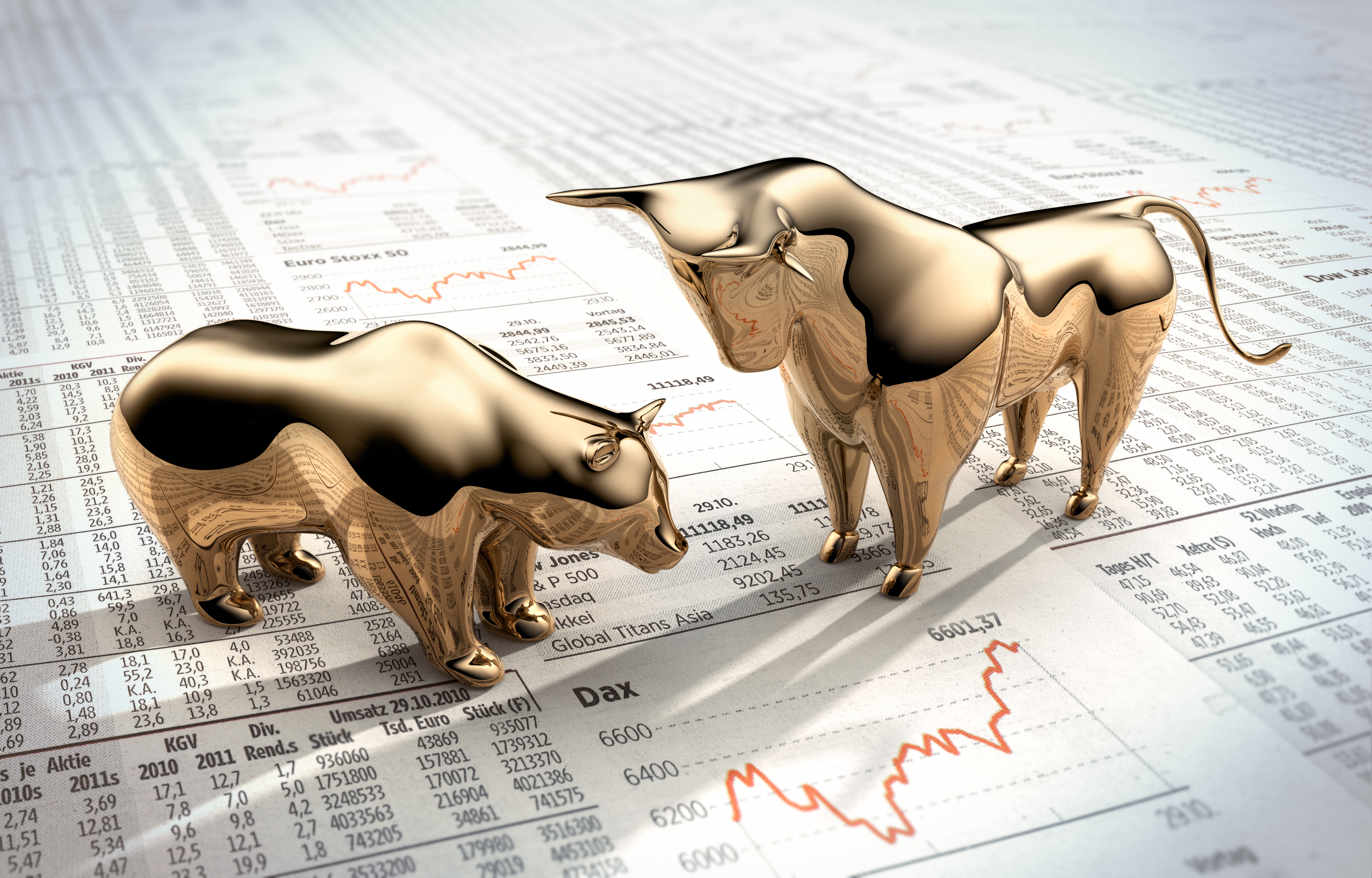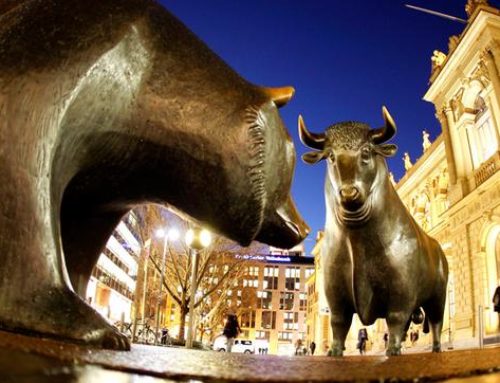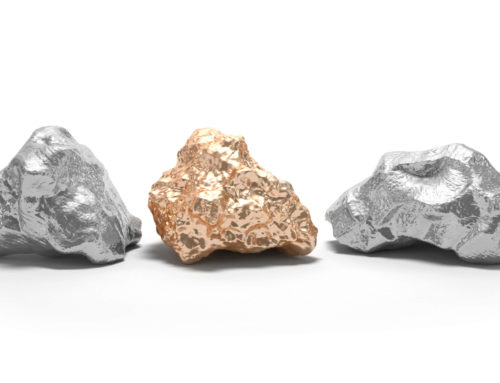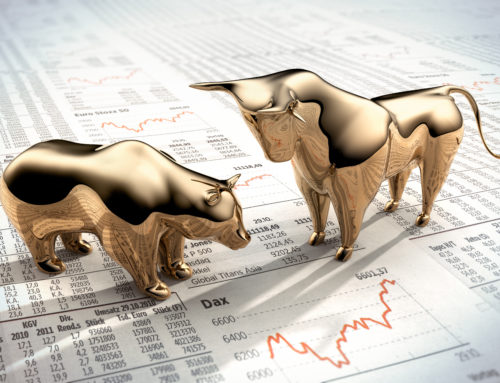Wie Du den Index schlagen kannst mit meiner Methode.
- Marktverfassung berücksichtigen. Oder würdest Du als Eisverkäufer im Winter Deinen Laden auf- und im Sommer zu machen?
- Aktien kaufen, die von Smart Money auch eingesammelt werden.
- Unternehmen auswählen, die ein gutes Wachstum haben
- Ideale Kaufpunkte identifizieren mittels Charttechnik
Du hast keine Zeit oder Expertise, um alle Punkte zu berücksichtigen? Dann kaufst Du einfach einen ETF, wenn Du den Markt nicht schlagen willst andernfalls abonnierst meinen Newsletter 😉
Jetzt zu dem Beispiel, wie so eine Kaufidee aussieht bei mir:
Der nachfolgende Kauf-Tipp von mir hätte Dir 400% Gewinn (Stand April 2021) innerhalb von 12 Monaten gebracht. Es handelt sich um meine „Aktie der Woche“ vom 24.04.2020.
Stand April 2021

Doch sieh selbst:
Restoration Hardware (US-Kürzel: $RH)
Die Aktien vieler gehobener Einzelhändler stiegen zuletzt stark an, als sich der Markt inmitten der Anzeichen dafür erholte, dass die wirtschaftlichen Auswirkungen der Coronavirus-Pandemie nicht ganz so schlimm sein könnten, wie zuvor befürchtet. Der beste Einzelhändler ist Waifair. Ich hatte sie am Tiefpunkt gekauft. Jetzt ist sie aber zu „teuer“, da sie schon fast 300% gestiegen ist.
Aber RH hat noch viel Aufholpotential. Langfristig wird sie mit aller Wahrscheinlichkeit wieder das Allzeithoch erreichen. Denn das Unternehmen hat viel Qualität. Sonst hätte Warren Buffet kaum in das Unternehmen investiert, siehe Report unten.
Charttechnisch steht sie wahrscheinlich kurz vor einem Ausbruch nach oben.

Kauf-Setup
Ich würde sie kaufen, wenn sie aus der Konsolidierung ausbricht. Falls der Markt aber noch mal das Tief testet, würde ich RH bei ca. 80$ einsammeln.
Das abnehmende Volumen deutet häufig darauf hin, dass ein Ausbruch bevorsteht, da es kaum noch Verkäufer gibt. Sonst würde die Aktie ja fallen bei niedrigem Umsatz. Ist sie aber nicht. Wenn Volumen reinkommt, wird sie wahrscheinlich deutlich steigen.
Kauf über über der gelben 50 Tageslinie bei 144.29$ (Anmerkung: in der Premium Member Gruppe hatte ich einen Entry schon bei 128$ gegeben)
Erstes Kursziel (für Trader) liegt bei 171$, wo der 200er Tagesdurchschnitt verläuft.
Wenn Du Dein Kapital absichern möchtest, bietet es sich an, unter dem Keil bei ca. $118 zu verkaufen.

Optionen
Institutionelles Interesse
Warren Buffet hat erst im Februar noch nachgekauft!
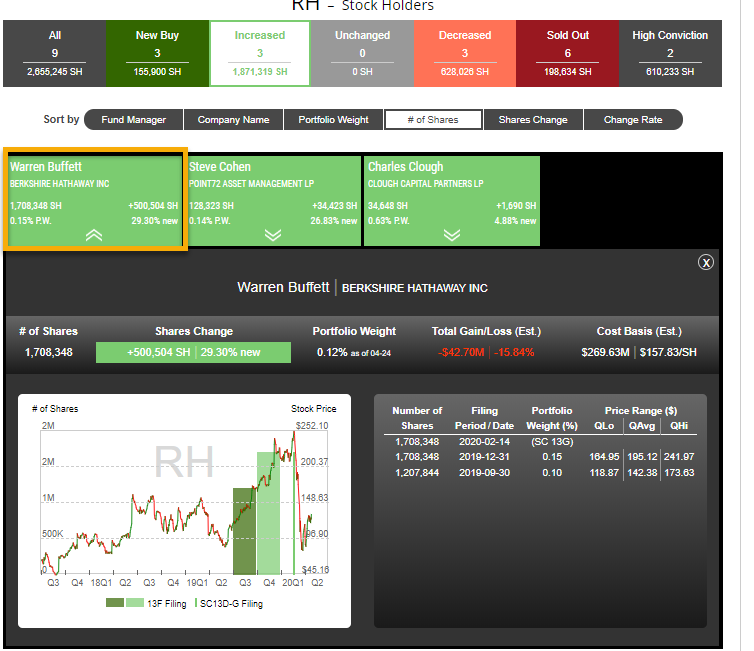
Hier noch ein Artikel von Fool.com. Falls Du einen Übersetzer nutzen möchtest, empfehle ich Deepl.
Why Warren Buffett Would Probably Hold These 3 Stocks During A Pandemic
Pandemic is a scary word, and it’s the one the World Health Organization is now using regarding COVID-19. I don’t wish to trivialize the seriousness of the coronavirus; there are valid things to consider in times like these. But as it pertains to investing in stocks, it’s prudent to learn from investing great Warren Buffett. Everyone is asking the same question: what would Buffett do right now?
The Oracle of Omaha likes to hold his cards close to the chest. That said, after a high-profile investing career, we know how he typically behaves. And I’m betting his holding company Berkshire Hathaway (NYSE: BRK.A)(NYSE: BRK.B) isn’t panicking with the market’s drop, holding these three consumer-goods stocks throughout this market correction.

Image source: Motley Fool.
A forever holding, FOOL.COM
It’s one of Buffett’s best quotes, and it’s worth repeating here. „When we own portions of outstanding businesses with outstanding managements, our favorite holding period is forever.“
The longest holding in Buffett’s portfolio is Coca-Cola (NYSE: KO). According to his shareholder letter, Berkshire Hathaway gobbled up 14 million shares of the beverage giant in 1988. Today, after additional purchases and stock splits, the holding company owns a staggering 400 million shares — good for a 9.3% ownership stake.
Shares of Coca-Cola are down 6% so far in 2020, and down over 10% from highs. That might not sound like much, but when you have 400 million shares, that’s over a $1 billion loss in value since Jan. 1. But here’s why Buffett is likely shrugging it off.
Coca-Cola has been in business for 134 years, has over 500 brands in its beverage portfolio, and does business in over 200 countries — which is basically everywhere. And yet despite an already long history, massive product offering, and global reach, it somehow figured out how to grow organic revenue 6% in 2019. That’s an outstanding business.
Furthermore, since current CEO James Quincy took over in 2017, Coca-Cola’s earnings per share are up over 100%, despite a slight decline in revenue. This EPS gain is thanks to effective cost-cutting measures, and shows outstanding management. An outstanding business with outstanding management makes Coca-Cola a Buffett forever stock.
A capable manager
One of Buffett’s more recent purchases is furniture company RH (NYSE: RH). An initial position was taken late 2019, and Berkshire Hathaway added to that position last quarter. All told it owns 1.7 million shares of RH now, resulting in a 9% ownership stake.
This purchase turned heads, but I think there’s a clear reason why Buffett bought this stock and he provided a clue in this year’s shareholder letter. Consider the following statement:
„In addition, we constantly seek to buy new businesses that meet three criteria. First, they must earn good returns on the net tangible capital required in their operation. Second, they must be run by able and honest managers. Finally, they must be available at a sensible price.“
RH CEO Gary Friedman likely falls into Buffett’s category of manager. Since he took the helm in 2014, the stock has more than doubled the return from the S&P 500, as Friedman kicked the luxury-furniture store’s revenue into growth mode.
Friedman hatched a crazy plan in 2016 as RH stock fell. The company invested heavily turning retail spaces into destinations people would want to shop. It launched a membership program that offered a 25% discount for only a $100 annual fee. And it also borrowed against its credit facility to buyback $700 million of its own stock — about 35% of outstanding shares at the time. So it invested in brick-and-mortar in the age of e-commerce, it collected a membership fee for less than the discount it was offering, and it went into debt to repurchase shares.
And it worked.
Full disclosure: I was a RH shareholder who sold back then — missing out on much of RH’s gain. Friedman’s plan just seemed too crazy to me. But it was crazy enough to work, and likely land Friedman on Buffett’s able-manager list.
Selling this stock too soon is one of my worst investment decisions to date, and it’s a mistake I’m almost certain Buffett isn’t making right now.
A sensible price
As we just saw in the above quote, one of the primary criteria Buffett uses in evaluating stocks is a „sensible price“. When looking at Buffett’s portfolio, one of the most sensibly priced right now is Restaurant Brands International (NYSE: QSR). It’s drop of about 25% over the last couple weeks has sent its stock down to a mere forward price to earnings of 13. And its dividend is nearing a 5% yield.
Ah, but no doubt skeptics will assert that the forward price-to-earnings ratio will be revised down, as the coronavirus pandemic relegates people to their homes and away from public spaces like restaurants. And less revenue and earnings could force RBI to slash its dividend. Admittedly, now that we’re seeing high-profile gathering restrictions (like the NCAA cancelling its March Madness tournament), it’s a valid argument, even if it only effects RBI’s 2020 results.
No doubt he’s aware of this risk, but here’s why I bet Buffett will hold RBI stock. Consider that he holds shares of Kraft Heinz (NASDAQ: KHC). Kraft Heinz’s revenue is down slightly over the last three years. In an effort to save money to reinvest back into its slipping business, it cut its quarterly dividend by 36% — from $0.625 per share to $0.40 per share. Since Berkshire holds over 325 million shares, this move cost Buffett over $73 million per quarter in dividends. Even still, he’s continues holding nearly 1.5 years later. The same is will likely be true with RBI, even if things get bad.
Here’s a final thought with Warren Buffett’s investing style. He won’t hold these three stocks out of naivety. He’s one of the world’s great investors, and knows he’s better off simply holding his stocks than getting caught up in the panic, or trying to be clever and time the market’s bottom. He does things the old-fashioned — buy right, and hold long enough for gains to compound. It’s a mentality we should all take to heart.
Jon Quast has no position in any of the stocks mentioned. The Motley Fool owns shares of and recommends Berkshire Hathaway (B shares). The Motley Fool recommends RH and recommends the following options: long January 2021 $200 calls on Berkshire Hathaway (B shares), short January 2021 $200 puts on Berkshire Hathaway (B shares), and short March 2020 $225 calls on Berkshire Hathaway (B shares). The Motley Fool has a disclosure policy.
